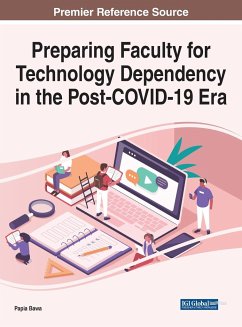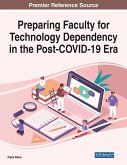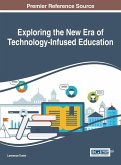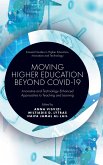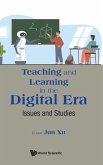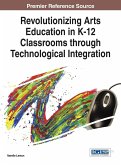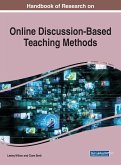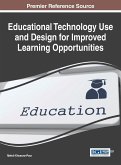To cope with the pandemic, many educational institutions in the United States have resorted to emergency remote teaching (ERT). Distance/online learning is a complex process in terms of the design, analysis, and time taken to develop and implement courses and programs. Having been around for decades, it has evolved and morphed into a multidimensional procedure that needs meticulous planning, evolution, and evaluation. It provides meaningful learning experiences to students who may not otherwise have the option to attend college. Students of distance/online courses and programs usually choose to join voluntarily, and designers of such programs purposefully plan for them to be online from the start. In contrast, ERT is an emergency/crisis-based need to move teaching and learning to alternative environments until the crisis is averted or ended. Preparing Faculty for Technology Dependency in the Post-COVID-19 Era is a comprehensive guide that focuses on preparing pre-service teachers, in-service teachers, and higher education faculty to harness technology dependence in an emergency remote teaching era by discussing current and post-pandemic preparedness. Covering a wide range of topics such as digital reality, teacher preparedness, and technology dependency, this book is crucial for educators, administrators, pre-service teachers, researchers, academicians, and students.

